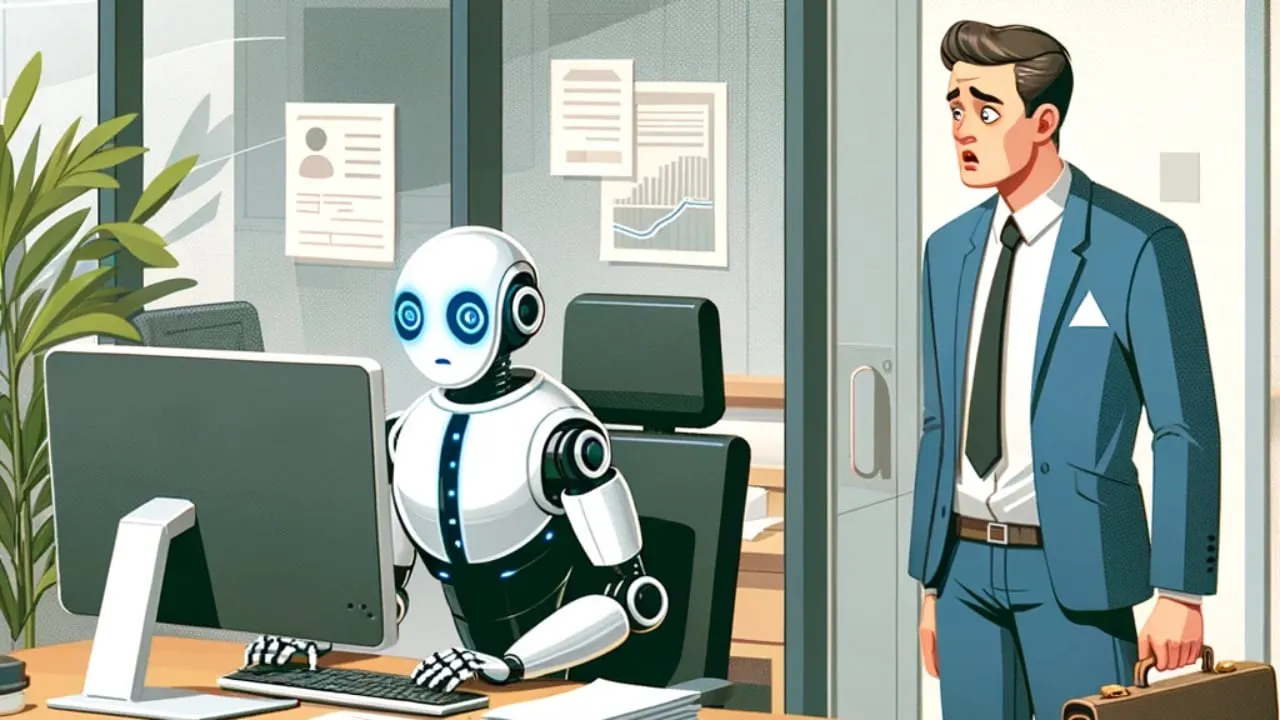The emergence of generative AI since last November has cast a shadow over the future of high-paying white-collar jobs, reported The Financial Times today.
Pointing to research from August produced by OpenAI, the creator of the mega-popular ChatGPT app, and the University of Pennsylvania, the FT indicated that jobs with higher salaries are more vulnerable to AI disruption.
Moreover, those earning six figures are three times more at risk than those earning $30,000, reads the research.
Another study revealed that after ChatGPT's introduction, freelancers like copywriters and graphic designers on online gig platforms experienced a notable decrease not just in job opportunities but also in earnings. This may suggest that generative AI is not only replacing their jobs but also diminishing the value of the work they still manage to secure.
The study pulled data from Upwork, focusing on the period from January 2022 to April 2023. It employed a difference-in-differences research design to compare changes in employment outcomes between more and less AI-affected occupations.
Interestingly, the study also found that freelancers who were previously high earners or had more jobs were just as likely–if not more so–to witness a decline in their work and income. This suggests that higher skill levels do not necessarily protect against the impact of AI.
AI: Taking some jobs, imbuing others
The study contrasts with another study by the Harvard Business School, which examined the effects of GPT-4, OpenAI's latest model, on Boston Consulting Group employees.
Those who used GPT-4 showed a significant increase in productivity, completing tasks 25% faster and with 40% higher quality than those without AI assistance. The study noted that less skilled workers gained the most, as generative AI models excel in summarizing and regurgitating public-domain knowledge.
The researchers also identified two groups that were effectively using AI to improve their work. One group, termed “cyborgs,” actively integrated and refined AI responses, while the other, “centaurs,” delegated AI-suitable tasks and focused on their expertise.
"Cyborgs integrate AI and human capabilities at a granular, sub-task level, while centaurs strategically delegate between human and AI sub-tasks," it read.
Editor’s note: This article was written with the assistance of AI. Edited and fact-checked by Liam Kelly.

